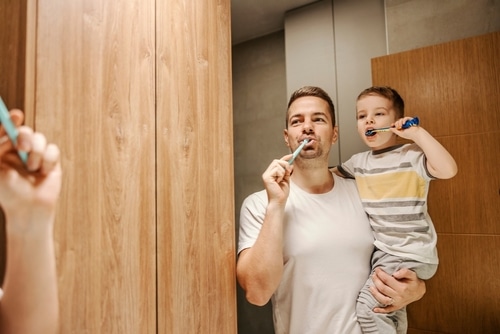Tooth extraction, a common dental procedure, is often necessary for the removal of problematic wisdom teeth. While the extraction itself is a pivotal step in oral health, ensuring proper aftercare is equally crucial to guarantee a smooth and swift recovery process. In this comprehensive guide, we will delve into the nuanced dos and don’ts of wisdom tooth extraction aftercare, providing insights into how to manage discomfort, promote effective healing, and safeguard your overall oral well-being.
Understanding Wisdom Tooth Extraction Aftercare:
Immediate Post-Extraction Care:
In the immediate aftermath of wisdom tooth extraction, adherence to your dentist’s post-extraction care instructions is paramount. Delicately biting down on gauze aids in controlling bleeding and facilitating blood clot formation, while the application of an ice pack to the cheek during the initial 24 hours helps minimize swelling. It is essential to avoid vigorous rinsing or spitting to prevent dislodging the blood clot, refrain from consuming hot or spicy foods that may irritate the surgical site, and, crucially, abstain from smoking, as it can impede the healing process and heighten the risk of complications.
Pain Management Strategies:
Effectively managing post-extraction pain is a key aspect of the recovery process. Following your dentist’s prescribed or over-the-counter pain medications as directed is crucial. Using a soft-bristled toothbrush and practicing gentle oral hygiene can help avoid discomfort. Staying adequately hydrated not only promotes overall well-being but also aids in the healing process. However, it’s imperative to avoid consuming alcohol while taking pain medications, steer clear of excessively hot or cold foods that may trigger sensitivity, and refrain from engaging in strenuous physical activities that could exacerbate pain and discomfort.
Dietary Guidelines:
Diet plays a pivotal role in supporting the body’s healing process after wisdom tooth extraction. Opting for soft, nutritious foods such as yogurt, mashed potatoes, and smoothies is recommended. Maintaining a balanced diet rich in vitamins and minerals further supports the healing process. It is also crucial to stay consistent with any prescribed antibiotics provided by your dentist. Conversely, it is advised to avoid hard, crunchy, or sticky foods that may disturb the surgical site, minimize caffeine intake as it can interfere with the body’s ability to heal, and steer clear of carbonated beverages that may irritate the extraction site.
Oral Hygiene Practices:
Maintaining proper oral hygiene is essential for a smooth recovery process. After the initial 24 hours, gently rinsing your mouth with warm saltwater can aid in keeping the surgical site clean. Brushing your teeth, while avoiding the surgical site, is crucial for overall oral hygiene. Regular attendance at follow-up appointments with your dentist is also vital to monitor healing progress. During the recovery period, it is advisable to avoid using commercial mouthwashes containing alcohol, refrain from touching the surgical site with your fingers or tongue, and never skip follow-up appointments as they are crucial for tracking and supporting your recovery.
Conclusion:
In conclusion, the proper aftercare following wisdom tooth extraction is a multifaceted approach that encompasses various aspects of daily life. By adhering to these comprehensive guidelines and integrating them seamlessly into your routine, you can minimize discomfort, reduce the risk of complications, and ensure optimal oral health. It’s important to recognize that individual healing processes may vary, necessitating open communication with your dentist for personalized guidance and support throughout your unique recovery journey. Remember, investing time and effort in your aftercare routine is an investment in your long-term oral health and well-being.


